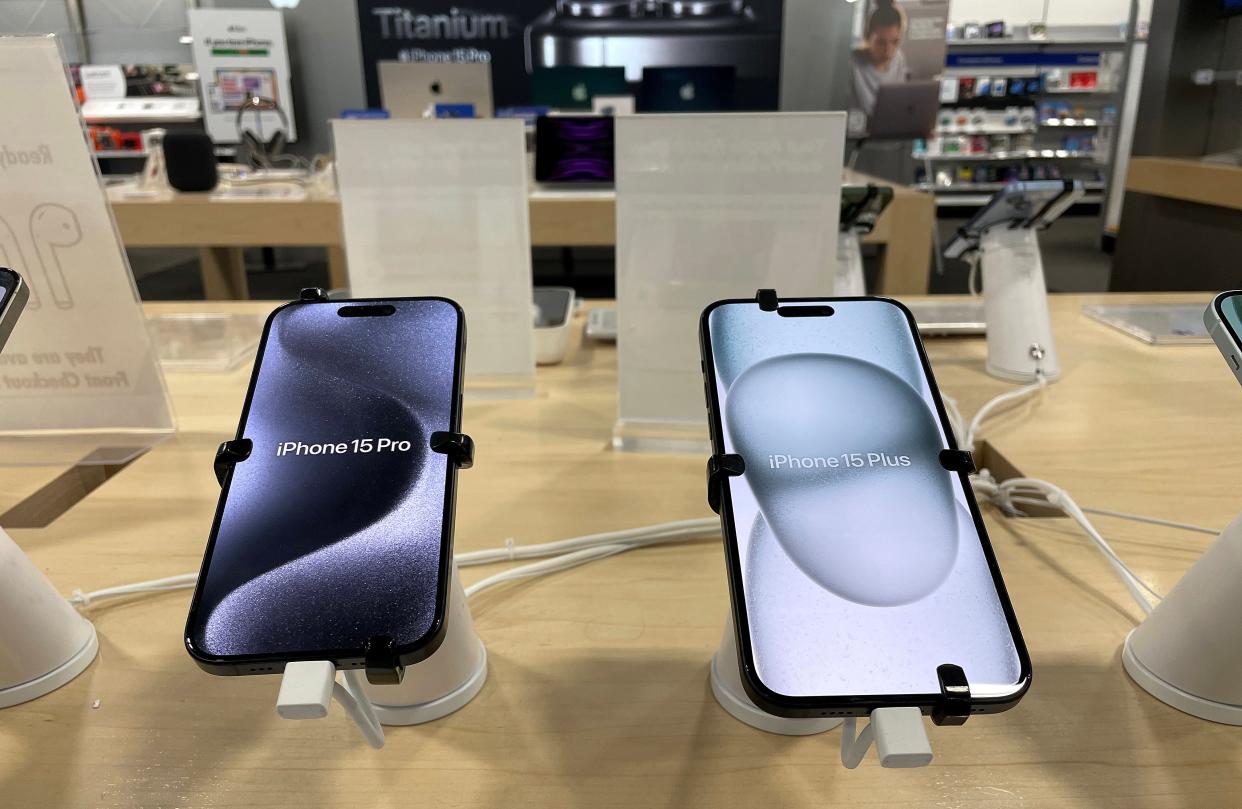If you don't want to accept Apple's terms, it has every right to refuse to sell you its iPhone.

I am an Oklahoman and I do not support the antitrust case against Apple. I oppose Oklahoma's involvement in that case. Antitrust laws are an assault on the very thing that makes it possible for human beings to live: our capacity to value.
It is our capacity to create values that makes an economy possible. Yes, markets are created when we trade values with each other, but before we can trade those values, they must be created — and it is the individual human mind that creates them, through our capacity to understand the world we live in and the possibilities that gives us for living our lives. It is our capacity to judge ourselves that makes it possible for us to judge the world we live in, and to understand what we want most in our lives so that we can choose the lives we want to live. It is this capacity for self-creation and self-direction that makes us human, and it is this that antitrust laws threaten most by giving government the power to use force against us precisely for making our own decisions to direct our own lives.
The products we create to trade with each other are made possible by our capacity to direct our lives. They are values to us and that is where their economic value comes from. The iPhone exemplifies this. Steve Jobs created the iPhone because it was something he wanted in his life. That is what made it a value to him and that is the source of its value to others. Because of this, others are willing to trade things that they value in order to obtain a value he offered — on his terms. If he had not created it, there would be nothing to trade. Thus, to claim that human beings should not be free to create and trade values with each other is to claim that we should not be free to live.
More: Why permanent Daylight Saving Time would harm Oklahomans
Apple is private property. The iPhone is Apple's property. Apple has every moral right to have exclusive say over what is done with the iPhone — including the terms it sets for selling its iPhone.
We are free to trade with Apple or not — and to accept Apple's terms or not. Refusing to accept Apple's terms for using its product does nothing to prevent anyone from trading with others. If you don't want to accept Apple's terms, Apple has every right to refuse to sell you its iPhone — which Apple created and owns.
If you don't like those terms, you're still free to trade with others or create your own product. But nothing gives you the right to force Apple to sell you an iPhone on terms it does not choose. To say you do have such a right is to claim the power to force other human beings to live lives not of their own choosing. It is to say that human beings should not be free to choose their own terms for living their own lives.
This is the very thing that has held humanity back for thousands of years. Antitrust laws make it clear that we are not entirely free of that yet.

Rob Abiera is a retired resident of Oklahoma City.
This article originally appeared on Oklahoman: Antitrust laws make it clear we are not entirely free to live own lives

